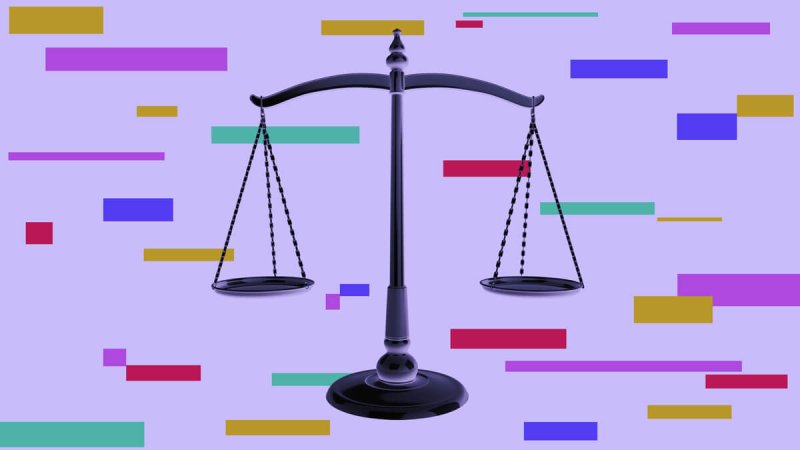A few years ago, a number of A.I.-research organizations began to develop systems for addressing ethical impact, [including] the Association for Computing Machinery’s Special Interest Group on Computer-Human Interaction (sigchi).
…
“Increasingly, we do see, especially in the A.I. space, more and more questions of, Should this kind of research even be a thing?” Katie Shilton, an information scientist at the University of Maryland and the chair of the committee, told me.
Shilton explained that questions about possible impacts tend to fall into one of four categories. First, she said, “there are the kinds of A.I. that could easily be weaponized against populations”—facial recognition, location tracking, surveillance, and so on. Second, there are technologies, such as Speech2Face, that may “harden people into categories that don’t fit well,” such as gender or sexual orientation. Third, there is automated-weapons research. And fourth, there are tools “to create alternate sets of reality”—fake news, voices, or images.
[D]eciding whether research methods are ethical is relatively simple compared with questioning the ethical aspects of a technology’s potential downstream effects. It’s one thing to point out when a researcher is researching wrong. “It is much harder to say, ‘This line of research shouldn’t exist,’ ” Shilton said.































